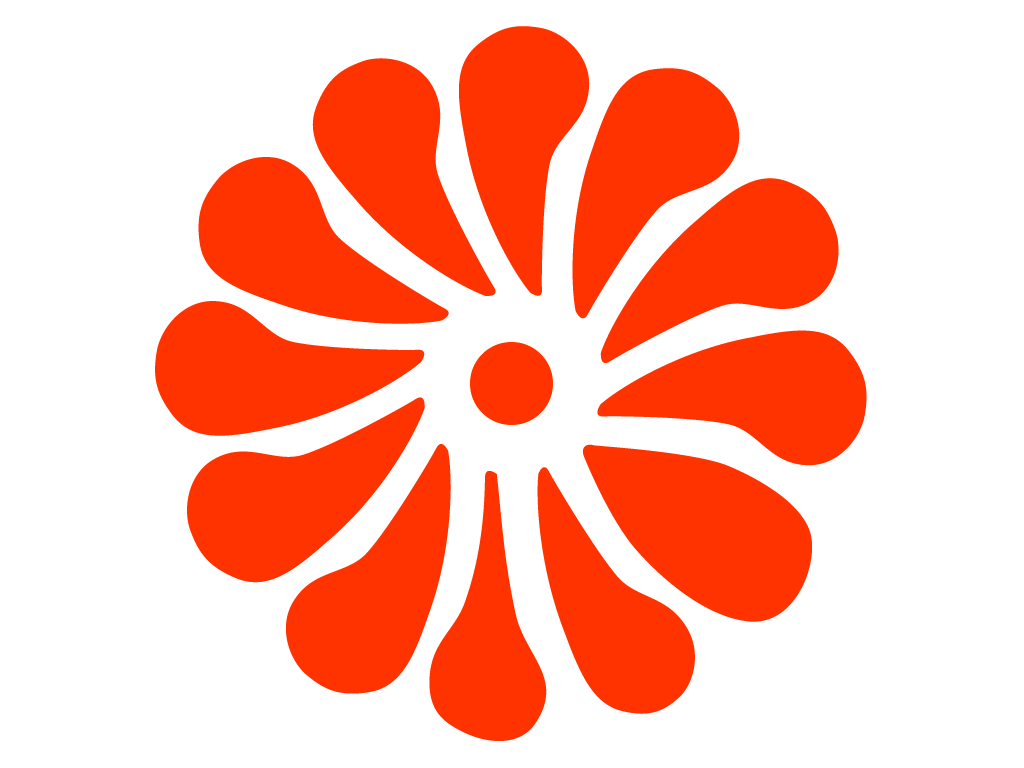Unveiling the Allure of Phyteuma orbiculare: The Graceful Round-Headed Rampion
Phyteuma orbiculare, also known as Round-headed Rampion or Pride of Sussex, is a captivating herbaceous perennial that belongs to the esteemed Campanulaceae family of plants. With its elegant presence and unique characteristics, this enchanting flower has garnered various names, reflecting its allure and regional significance. The plant is native to Europe from the Pyrenees to the Balkans.
Exploring Nature’s Masterpiece: Characteristics and Foliage
Standing tall at approximately 50cm or 20in, Phyteuma orbiculare boasts an erect stem that provides a sturdy foundation for its breathtaking display. This perennial gem exhibits an intriguing variety of leaves. At the base, ovate and lanceolate leaves with serrated edges and petioles grace the plant. As you follow the stem upward, the leaves become narrower, adopting a lanceolate and linear shape.
Embracing a Symphony of Blooms: Flowers and Fruit
Phyteuma orbiculare showcases its floral splendor with an upright pinnacle of captivating beauty. The flowers, measuring approximately 3cm or 1.2 inches in width, enchant with their bluish-violet hue. These tube-shaped blossoms feature a small opening at the top, inviting admiration from pollinators and enthusiasts alike. Flowers of Phyteuma orbiculare are hermaphroditic, combining both male and female reproductive structures. After the blooming spectacle, the plant forms capsules that contain numerous small seeds, ensuring the potential for future generations to grace the landscape.
Cultivating Phyteuma orbiculare: Nurturing Natural Grace
Sunlight: Phyteuma orbiculare thrives when grown in a location that receives ample sunlight or partial shade. Providing the ideal balance of light ensures optimal growth and flowering potential.
Soil: Plant Phyteuma orbiculare in sandy, loamy soil that is well-drained. This plant flourishes in soil that allows excess moisture to drain away, preventing waterlogging and promoting overall health.
Propagation: Phyteuma orbiculare can be propagated through various methods. Seeds or division in spring offer opportunities to introduce new plants into your garden. Alternatively, consider using basal cuttings during the spring or summer, allowing you to expand your collection of these captivating flowers.
As you embrace the cultivation of Phyteuma orbiculare, keep in mind its preference for well-drained soil and a location that receives ample sunlight or partial shade. Whether you choose to propagate through seeds, division, or cuttings, each method offers a chance to witness the beauty of these flowers unfold in your garden.
Phyteuma orbiculare, the Round-headed Rampion, invites you on a botanical journey of discovery, capturing your heart with its unique characteristics and exquisite blooms. As this perennial gem graces your garden, it becomes a testament to the wonders of nature and a source of admiration for generations to come.








Where can I buy Phyteuma orbiculare plants or seeds in the USA? I am also looking for Calceolaria integrifolia plants. Thanks, Karl
Hi Karl, I don’t sell flowers, just write about them. But based on your questions did some research. I believe you can find Calceolaria integrifolia in U.S. I noticed it on a site Annie’s Annuals. I would suspect you can also find it at other nurseries near you as well. But Phyteuma orbiculare I could not find anything local to U.S. and I know there are restrictions in importing seeds or plants to U.S. I am not currently in U.S. but I am sure you can search online and see if you get better results than I did. Great to hear from you. Best, Dino